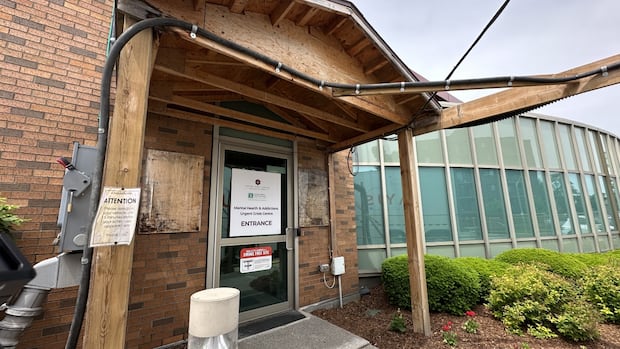In a significant step forward for mental health care in the Windsor-Essex region, the Mental Health and Addictions Urgent Care Centre (MHAUCC) has expanded its services to provide round-the-clock support for individuals experiencing mental health crises. The centre, which previously operated on limited hours, now welcomes walk-in patients 24 hours a day, seven days a week—eliminating critical gaps in care that had forced many to seek help through emergency departments.
“This expansion represents a transformative moment for our community,” explains Dr. Tamara Tavares, vice president of mental health and addictions at Hôtel-Dieu Grace Healthcare. “People experiencing mental health emergencies deserve immediate, specialized care in an environment designed specifically for their needs, rather than waiting hours in busy emergency rooms.”
The enhanced facility, located at 744 Ouellette Ave., serves as an alternative to hospital emergency departments for those experiencing acute psychological distress but who aren’t in need of medical intervention. Since opening in 2021, the centre has helped divert approximately 50 percent of mental health-related cases from hospital emergency rooms, according to HDGH officials.
This expansion comes at a critical time as mental health concerns continue to rise across Canada. Data from the Canadian Mental Health Association indicates that one in five Canadians experiences mental health challenges annually, with access to timely care remaining a significant barrier.
“Before this expansion, we faced a difficult reality where our doors would close at 8 p.m., forcing people in crisis to either wait until morning or head to already overcrowded emergency departments,” notes clinical director Jennifer Gillard. “Mental health crises don’t operate on a schedule—they can happen at 2 a.m. just as easily as 2 p.m.”
The MHAUCC team includes mental health nurses, social workers, and addiction specialists who provide immediate assessment, crisis intervention, and connections to ongoing community support. The centre’s approach emphasizes compassionate care in a non-clinical setting, helping to reduce the stigma often associated with seeking mental health treatment.
Windsor resident Michael Tanner, who accessed services during a personal crisis last year, describes the difference in care: “When I went to the emergency room during a panic attack, I waited for hours surrounded by medical emergencies. At the crisis centre, I was seen quickly by someone who understood exactly what I was going through. It felt like they spoke my language.”
The expansion was made possible through additional provincial funding as part of Ontario’s Roadmap to Wellness strategy, which aims to build a comprehensive and connected mental health care system across the province.
Health officials emphasize that while the centre provides vital crisis intervention, it works as part of a broader healthcare ecosystem. Staff actively connect patients with community resources for ongoing support, addressing not just immediate crises but helping create sustainable recovery paths.
“This is about creating multiple doors to care,” explains Tavares. “Some people need emergency medical intervention, others need crisis support, and many need help navigating the complex mental health system. Our goal is to provide the right care at the right time in the right setting.”
As communities across Canada struggle with similar mental health challenges, Windsor’s expanded crisis centre may serve as a model for other regions seeking to reduce pressure on emergency departments while improving outcomes for those experiencing mental health emergencies.
As this critical service establishes its expanded presence, a question remains for communities nationwide: How might reimagining mental health crisis response fundamentally transform our approach to psychological emergencies and reduce stigma for those seeking help during their most vulnerable moments?

























